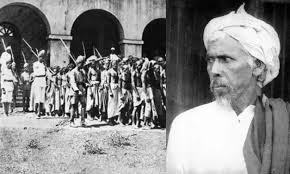Free Courses Sale ends Soon, Get It Now


Free Courses Sale ends Soon, Get It Now



Disclaimer: Copyright infringement not intended.
Context
Moplah Rebellion
Wagon Tragedy
Immediate Trigger
© 2024 iasgyan. All right reserved